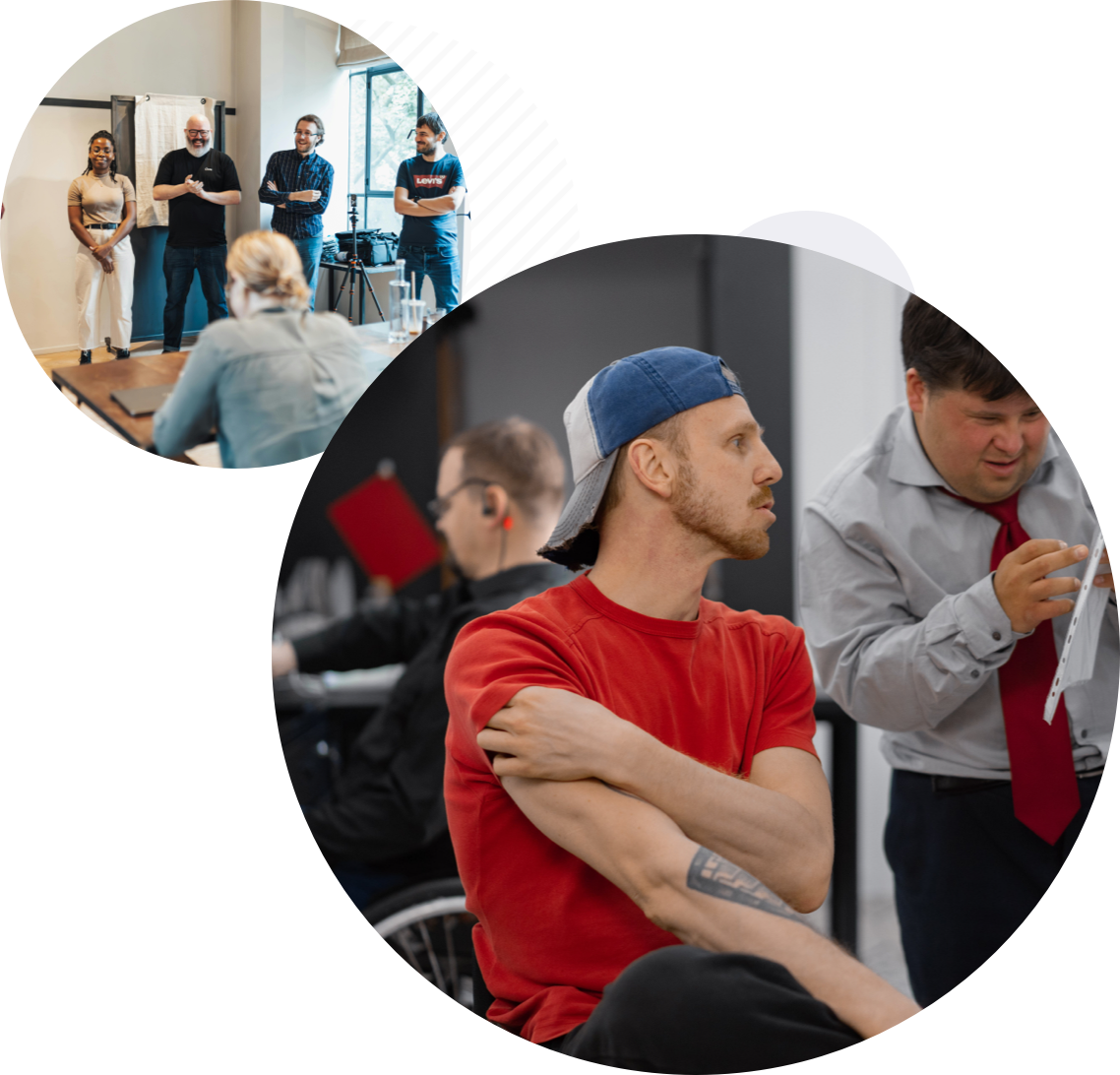Strategy Planning & Development
We take a holistic, cognitive and data-driven approach to diversity, equity, accessibility, racial justice, and inclusion.

DEI Strategy Planning & Development
DEI strategy planning and development is an ongoing process that requires commitment, collaboration, and adaptability. It’s essential to integrate DEI principles into the fabric of your organization, making them integral to the overall culture and strategy. Developing a Diversity, Equity, and Inclusion (DEI) strategy for your company involves a thoughtful and comprehensive approach.
DEI Strategy Planning & Development
Here’s a guide on what DEI strategy planning and development might look like:
- Leadership Commitment:
- Assessment of Leadership Commitment: Evaluate the commitment of top leadership to DEI. Ensure that leaders are actively engaged, supportive, and willing to champion DEI initiatives.
- Baseline Assessment:
- Current State Analysis: Conduct a thorough assessment of your organization’s current diversity, equity, and inclusion landscape. This may involve analyzing demographic data, conducting surveys, and gathering employee feedback.
- Set Clear Objectives:
- Define Specific Goals: Clearly outline the objectives you aim to achieve through your DEI initiatives. This could include increasing diversity in leadership, reducing unconscious bias, or improving the overall workplace culture.
- Inclusive Governance Structure:
- Establish DEI Council or Committee: Form a dedicated DEI council or committee that represents diverse perspectives within the organization. This group will be responsible for guiding and overseeing DEI initiatives.
- Communication and Training:
- Communication Plan: Develop a communication plan to transparently share your commitment to DEI with employees. This includes leadership messages, town hall meetings, and regular updates.
- Training Programs: Implement training programs for employees at all levels to raise awareness about DEI issues, including unconscious bias training, cultural competence workshops, and inclusive leadership training.
- Policy Review and Development:
- Review Existing Policies: Assess current policies to identify and rectify any potential biases. Ensure that policies support equity and inclusion.
- Develop New Policies: If necessary, develop new policies that actively promote diversity, equity, and inclusion. This may include policies related to recruitment, promotion, and compensation.
- Recruitment and Hiring Practices:
- Review Recruitment Practices: Evaluate recruitment processes to identify and eliminate biases. Implement strategies to attract diverse talent.
- Diversity in Leadership Pipeline: Develop initiatives to create a diverse leadership pipeline through mentorship, sponsorship, and targeted development programs.
- Employee Resource Groups (ERGs):
- Support and Encourage ERGs: Foster the creation and growth of Employee Resource Groups (ERGs) that provide a supportive community for employees with shared identities or interests.
- Metrics and Measurement:
- Establish Key Performance Indicators (KPIs): Define measurable KPIs to track the success of your DEI initiatives. This may include demographic representation, employee satisfaction scores, and promotion rates.
- Community Engagement:
- Community Partnerships: Engage with external organizations and community groups that align with your DEI goals. This can enhance your company’s impact beyond its internal initiatives.
- Continuous Improvement:
- Regular Assessments: Schedule regular assessments of your DEI initiatives. Gather feedback from employees and adjust strategies accordingly. DEI is an evolving process that requires ongoing attention.
- Legal Compliance:
- Stay Informed: Keep abreast of relevant laws and regulations related to DEI. Ensure that your policies and practices align with legal requirements.
- Resource Allocation:
- Allocate Resources Appropriately: Dedicate the necessary resources, both financial and human, to support the successful implementation of your DEI strategy.
- Transparency and Accountability:
- Transparent Reporting: Communicate progress and setbacks transparently to employees and stakeholders. Foster a culture of accountability for DEI initiatives at all levels of the organization.
- Employee Feedback and Involvement:
- Seek Employee Input: Actively seek input from employees in the development and refinement of DEI initiatives. Ensure that diverse perspectives are considered.
- Celebrating Success:
- Recognition and Celebration: Acknowledge and celebrate achievements and milestones in your DEI journey. Recognition boosts morale and reinforces the importance of continued efforts.

Intersectional DEI Capabilities
We are facilitators, educators, and speakers who help organizations tackle diversity and inclusion through customized facilitation training, mediation, and speaking engagements to help create better practices.
- Workshops & Training
- Facilitation
- Executive Coaching
- Speaking Engagements
- Conflict Management
- Inclusive Marketing
- Policy Review
- Inclusive Processes and Systems
- Strategic Planning
- Talent Management
- Impact Investing
- Social Responsibility
- Employee Resource Groups (ERG) and DEI Initiative Development
- Keynote Speaking Engagements
- DEI Focused Retreat Experience
- DEI Executive Leadership Coaching
- Diverse Talent Recruitment and Retention
- Impact Investing Guidance and Support
- Active Listening Workshops and Seminars
- Organizational Change Management
- DEI Internal and External Communications Plans
- DEI Marketing
- Racial Equity & Anti-racism Training
- Allyship Training
- Angel and VC Funding Partnerships
- Organizational Management & Valuing of Human Difference
- Mental Health Educational Programs
- Launching Employee/Business Resource Groups/Affinity Groups
- DEAI Audits and Assessments
- Unconscious Bias Training
- Understanding Microaggressions
- Women’s Leadership Conferences & Events
- Wellness Initiatives
- Setting DEI Metrics & Tracking
- Selecting, Hiring & Developing a DEI Officer
- Establishing High Performing Diversity Councils/Committees






